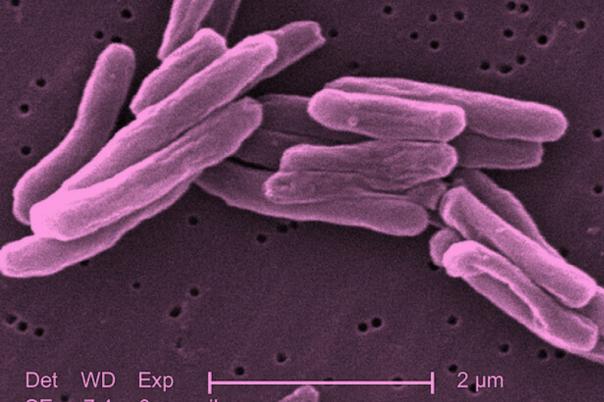Until recently, genomic technology did not generally cross the path of nurses’ and midwives’ day to day role in the healthcare sector. However, as Tootie Bueser states in this presentation, it will soon become more ubiquitous across all areas of clinical work. For example, the Nursing and Midwifery Council (NMC) mentions a working knowledge of genomics in their proficiency standards.
As nurses make up most of the NHS’s workforce and due to their close contact with patients, they are well placed to implement genomic techniques to improve health outcomes. For the most part, specialised nurses may have an in depth knowledge of these techniques, but Bueser stressed the need to go further in promoting a general awareness across the sector.
NHS England’s five year genomic medicine strategy is called Accelerating Genomic Medicine; it hopes to embed genomics and deliver equitable testing through innovative service models. Furthermore, the strategy seeks to enable precision medicine by optimising treatments and delivering new therapies. Key to this is the data and digital revolution which further enhances the implementation of genomics.
Bueser highlighted the inequitable accessibility of genomic medicine as a large problem in society. Despite advancements, many patients remain unaware of genetic conditions, leading to low testing rates for various inherited disorders. For example, despite the relative prevalence of cardiomyopathies or polycystic kidney diseases, there is a lack of screening for them.
Furthermore, societal disadvantages can play a role in genomic inequity. One paper highlighted the proportion of African American breast cancer patients who meet the criteria for genetic testing but don't receive it as part of routine care. In women who do not meet testing guidelines, nearly 5% have a known deleterious mutation associated with breast cancer.
Various projects, such as the Lynch Syndrome project and sudden cardiac death initiative, aim to improve access to genetic testing and streamline processes for patients and families. These projects are crucial in making genomic testing more accessible and equitable.
Bueser further highlighted the ongoing education and training for nurses and midwives in genomics are essential to enhance their competencies and improve patient care. The presentation underscored the importance of developing evidence-based pathways and providing genomic ambassadors across the NHS.





